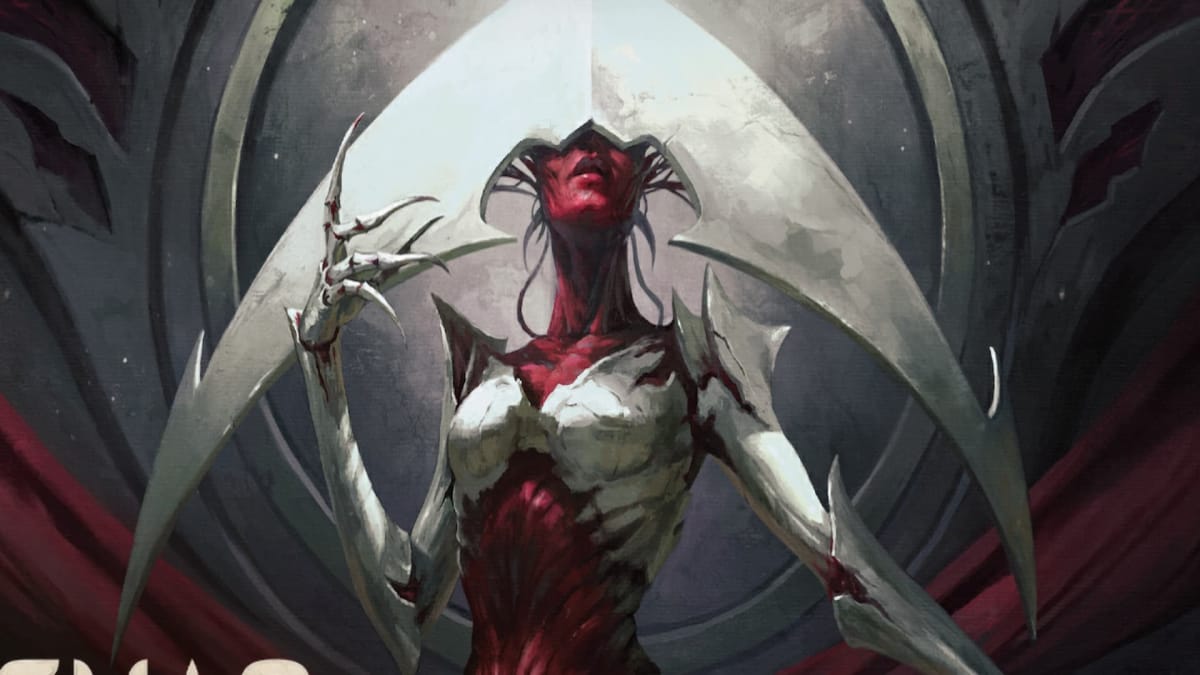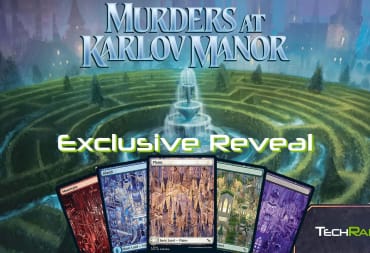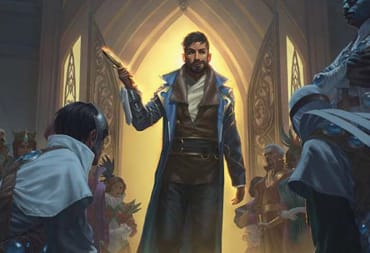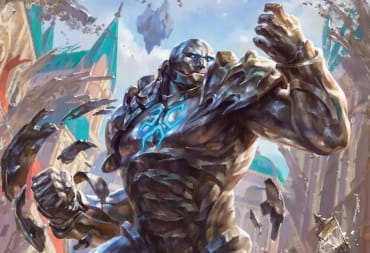Magic: The Gathering has been a staple of the card game industry for three decades, with the latest set Phyrexia All Will Be One releasing on Feb. 10. With consistent updates and support, new ways to play, and a diverse player base, the TCG hasn’t lost much momentum over the years. However, Magic hasn’t just thrived on paper – it’s been consistently working to create its own space in the digital card world as well.
Wizards of the Coast, the company behind MTG, has made plenty of attempts at online card battling systems. Some of them have thrived for periods of time while others have flown completely under the radar. The long and wild history of MTG’s digital life involves other card games and a global pandemic, and it seems like Wizards of the Coast is always looking for a new way to make Magic: The Gathering new and accessible.
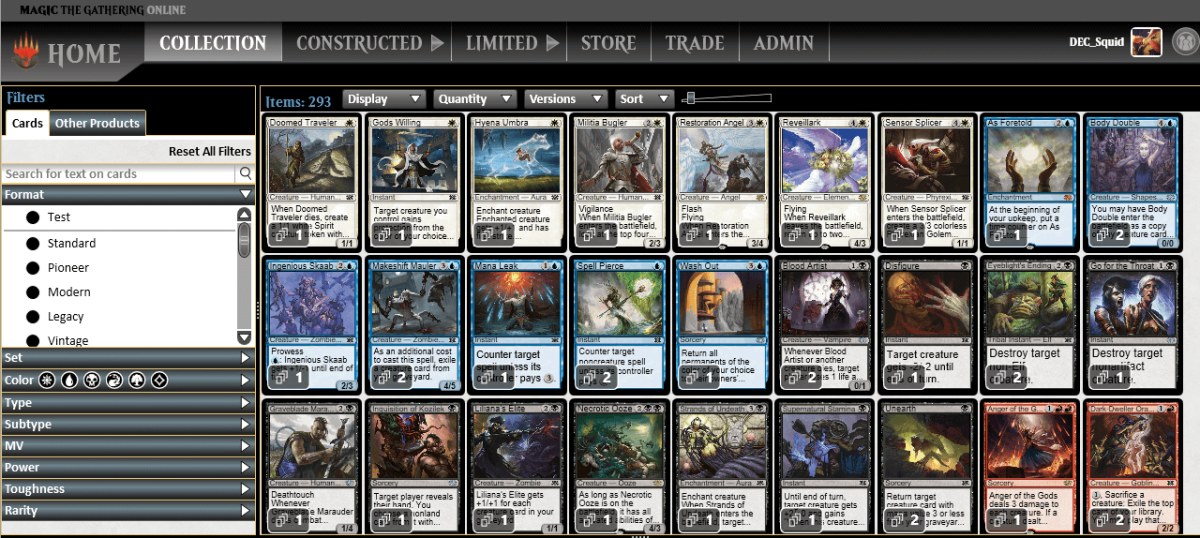
Enter Magic: The Gathering Online
In 2002, Magic: The Gathering Online (MTGO) was released on PCs. The game offered a way for players to use real money to buy cards in-game and craft their favorite decks, and it supported new set releases and various modes of play. The game was free to download, and people could build a deck for about the same cost as it would to get packs and cards to play in real life. While the paper MTG scene was thriving, MTGO stuck behind it and offered another way for people to play from the comfort of their homes -- if they had a PC.
People were also able to socially connect with other players through MTGO with a chat feature that let people speak to those they were playing against and friends they added. From the outside, MTGO was perfect, especially in its prime when it was the only thing around that wasn’t paper. It was incredibly successful for quite some time, and an interview from GameSpy with Brand Manager Worth Wollpert explained just how lucrative it was. In 2007, MTGO accounted for anywhere between 30 and 50% of total Magic: The Gathering business in North America.
Despite the thriving card economy, confirmed and successful business, and the success of the free(ish) to play model, Wizards of the Coast had something else up its sleeves.
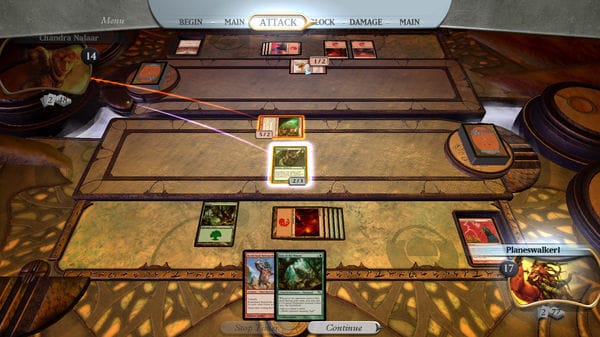
Duels of the Planeswalkers and the Attempt to Rope in Casual Players
In 2009, Wizards of the Coast published Magic: The Gathering - Duels of the Planeswalkers and brought Magic: The Gathering to consoles. The game was a bit of a watered-down version of Magic: The Gathering because the card game was seen as too “complex,” and it wouldn’t work with people who wanted to enjoy the game casually according to an archived article from the CEO and owner of developer Stainless Games Patrick Buckland. For example, there was no mana pool, so lands were all just basic lands, and the computer would auto-tap them for the player. Players could choose between playing against actual players and AI, and AI had a smaller card pool to draw from.
Buckland explained that the game was meant to be an “arcade” version of the TCG, not a virtual way to play the game. Duels of the Planeswalkers wanted to come up with a somewhat easier way to play Magic that would allow people to rapid-fire their way through the game.
This didn’t noticeably affect Magic: The Gathering Online. The two virtual games based on the same TCG were after completely different audiences. Duels of the Planeswalkers did well enough to get remade yearly starting in 2012, with the last one released in 2015. These were basically the same game that just updated with new decks as new sets were released, with the exception of the 2014 version that added deck-building.
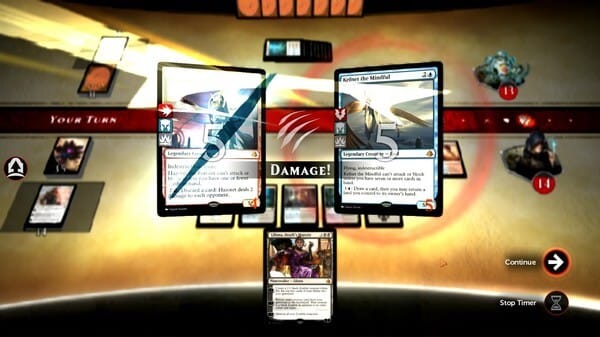
In 2015, a new and improved Magic Duels was released. According to the old Steam page for the game, Duels had over 1,300 cards to collect and featured more than 60 single-player battles. There were also online battles, a practice tool, and even modes like Two-Headed Giant (which was a game mode featured in past Duels of the Planeswalkers games and popular on paper that allows for 2v2 play).
Magic Duels added the ability to both grind and pay for cards with a free-to-play game. However, some fans didn’t think developers Stainless Games had enough resources to keep the free-to-play game going, and servers eventually shut down in 2019. People were angry, arguing that there was no warning given and people lost everything they’d spent money on in the game (although single player and multiplayer were still available).
However, Wizards of the Coast's had a new plan, and that same year Magic: The Gathering Arena was fully released. The game had been in beta for nearly two years before it was released and had updated with every set released for the paper version of MTG. It took things back to the beginning, modeling the actual gameplay more like Magic: The Gathering Online with Standard and a few other game modes (though not nearly as many as Online featured at the time).
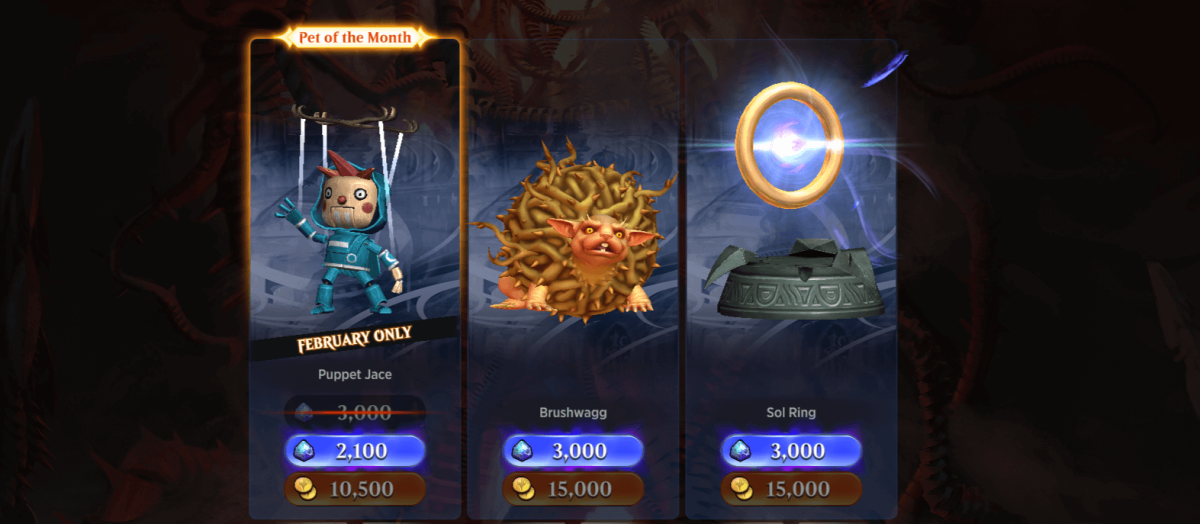
The Success of Magic: The Gathering Arena
When Magic: The Gathering Arena was released in 2018, there was a significant problem with Magic: The Gathering Online. New MTG players were easily intimidated by the UI and UX because it was extremely outdated and difficult to process. Additionally, the system for buying cards to build decks with wasn’t exactly easy, and it just wasn’t user-friendly.
However, Arena changed this with a look that was more reminiscent of Hearthstone than anything else Wizards of the Coast had released. The game was also brought to mobile and plans to release on consoles. In the middle of the COVID-19 pandemic that shut down card shops, Arena became a way for players to enjoy the TCG casually and competitively. In fact, Arena eventually became a route for players to become World Champion in 2022 when Wizards of the Coast added it to Qualifier Play-Ins. Players that progressed through Qualifier Play-In Events started to be invited to Pro Tour tournaments, which lead to the World Championship.
As card shops opened back up, Magic: The Gathering Arena seemed to change the scene. The death of the Standard format may have been caused by Arena. According to ActivePlayer.io, the online game pulled in between four and 8 million players a month between 2019 and 2023, a number that could signify that Wizards of the Coast has struck gold for online MTG.
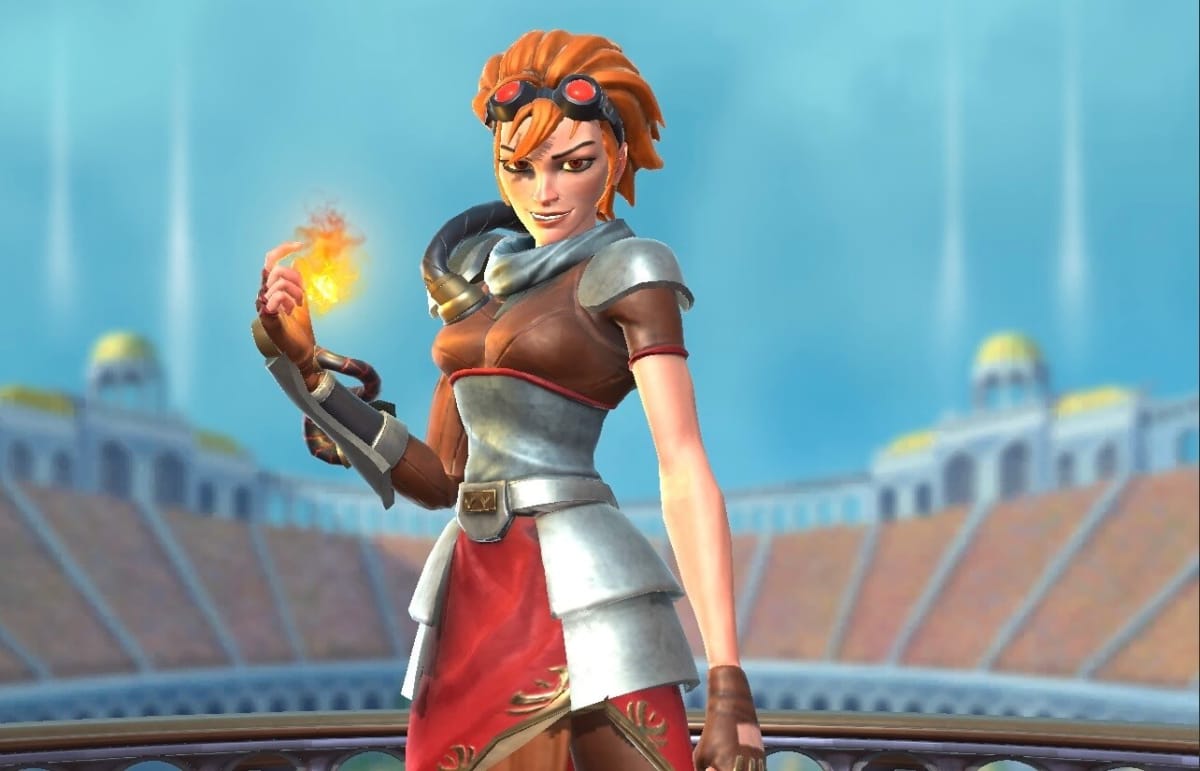
Arcade Magic: The Gathering Makes a Comeback
However, Wizards of the Coast didn’t stop there. Magic Spellslingers was released in 2021 for mobile and 2022 for Steam, and it seems as though WotC wanted to create another “arcade” version of the TCG. Players choose characters to play as that exist in the Magic: The Gathering universe, like Chandra, and these give special abilities and specific cards that generally match their traditional color and gameplay.
Perhaps Arena didn’t unite casual and competitive players as much as Wizards of the Coast thought, and Spellslingers was born. According to a developer diary for Spellslingers, the newer mobile game was created for people who don’t want to manage resources like lands. There was also a focus on keeping a fast pace while introducing a variety of gameplay mechanics that don’t exist in Magic: The Gathering so that games still felt unpredictable without using lands.
There have also been several other games set in the Magic: The Gathering universe, but they’re not exactly card games. There have been several strategy games released, such as the 1997 Magic: The Gathering: BattleMage and Magic: The Gathering - Tactics. There’s also a puzzle game, Magic: The Gathering - Puzzle Quest, and an MMORPG that was canceled in 2021 (but could always be picked up again in the future).
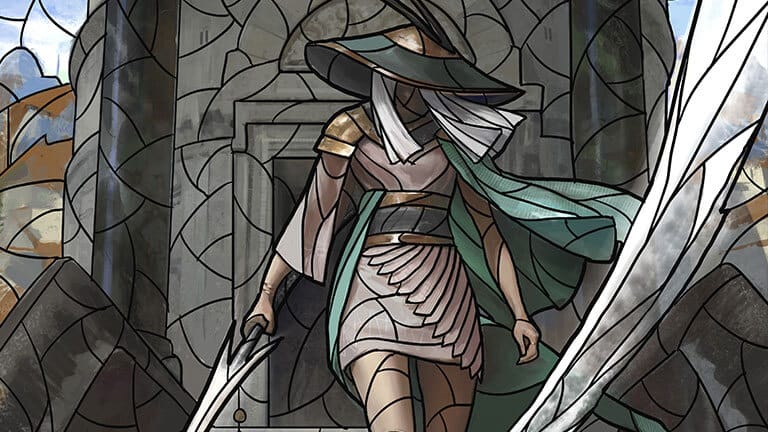
It’s clear that Wizards of the Coast is trying to make Magic: The Gathering available and enjoyable to as many people as possible. After many divisive attempts, it seems like the company may have hit gold with live-service games.
Have a tip, or want to point out something we missed? Leave a Comment or e-mail us at tips@techraptor.net
